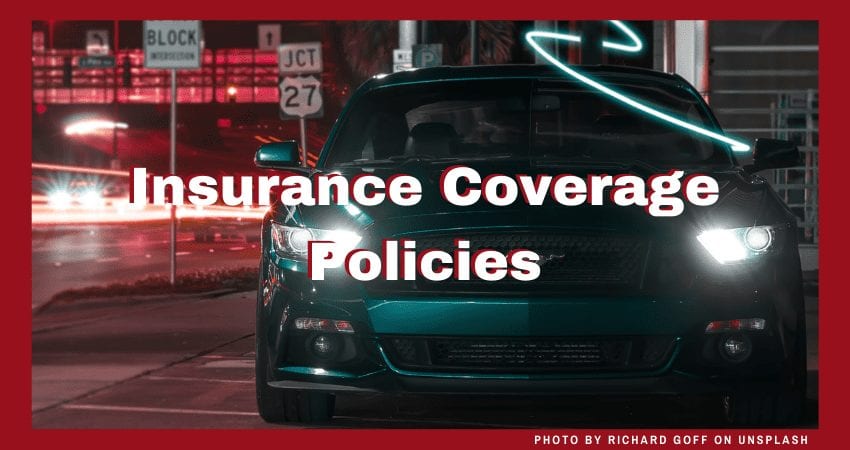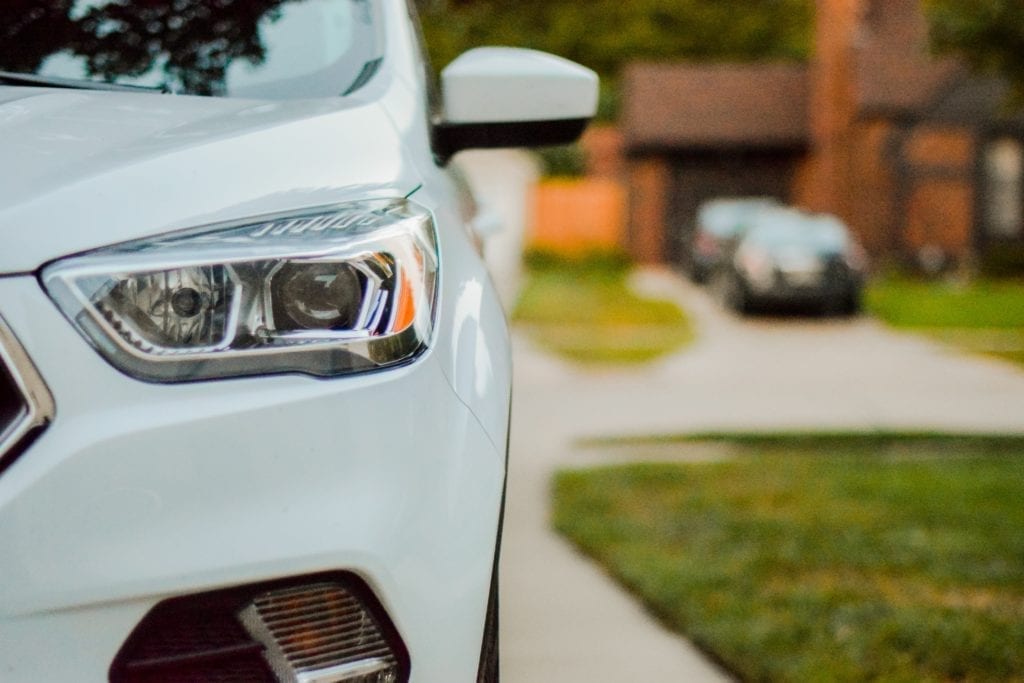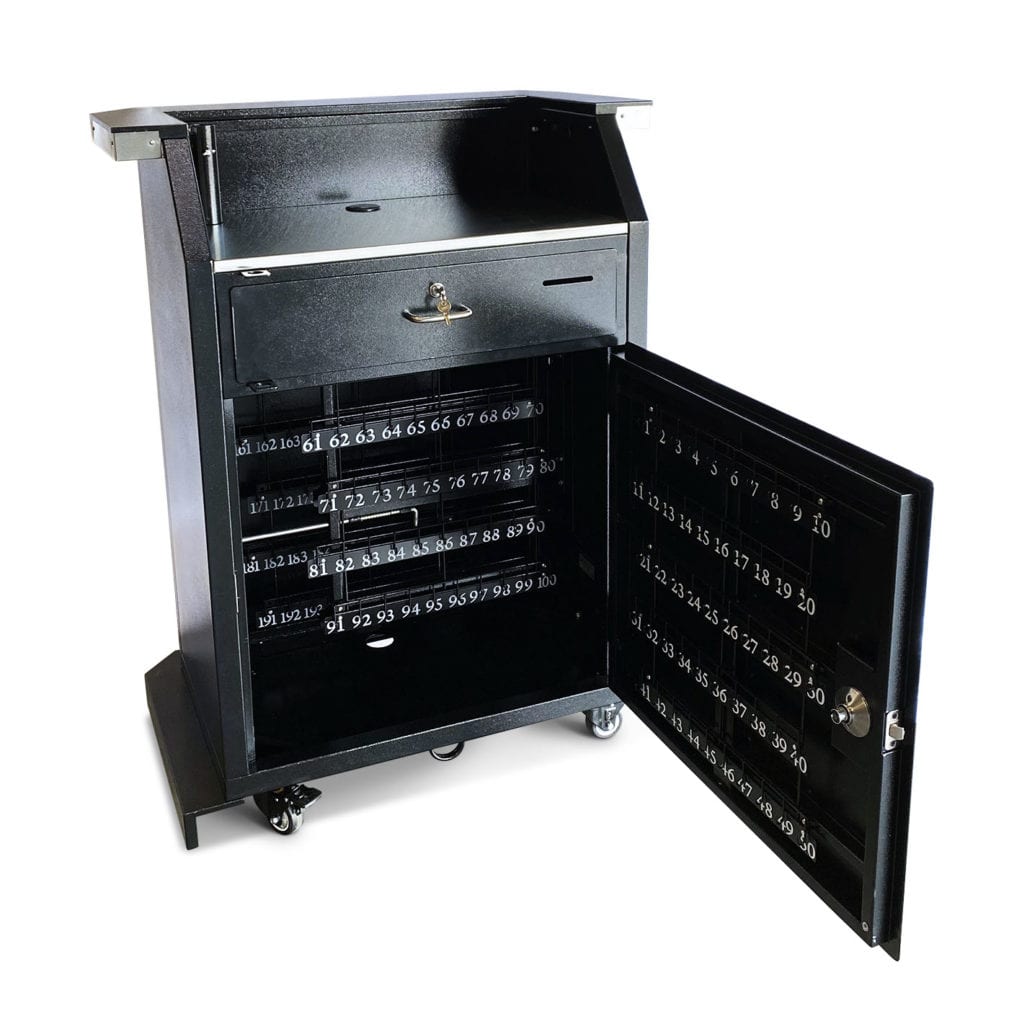
Accidents happen, even when you train your valet staff to drive safely. Vehicles may get dented or scratched, especially in tight spots or small lots. Then there’s the possibility that another driver may cause a collision while one of your valets is parking a customer’s car. If this happens, it can financially devastate your business if you don’t protect yourself from liability. That’s why it’s essential to purchase the right valet parking insurance.
Start With the Basics
The National Parking Association outlines some basic valet parking insurance requirements. Members are expected to carry at least $1 million of legal liability coverage and $5 million of general liability coverage. However, you’ll most likely want to add additional valet parking insurance policies to keep your business fully protected.
7 Essential Types of Coverage
Kathy Phillips of Alliant Insurance Services in Los Angeles, recommends all parking businesses obtain the following types of coverage.

- General liability – General liability protects parking companies if their employees cause bodily injury or property damage to a third party.
- Garage keeper’s legal liability – This insurance protects your valet business if garage management negligence causes damage to vehicles in your care. For example, if you’re repainting your garage and paint splatters on a customer’s car, they may sue you for damage. There are two types of garage keeper’s coverage. The Direct and Primary type requires a carrier to pay claims regardless of whether or not your parking business was negligent. For this reason, the best choice is actually the second type, legal liability. Legal liability coverage means you only pay for claims if your company was at fault. Even self-park businesses should have this type of insurance.
- Crime coverage – Garage keepers should also carry crime coverage. This policy protects your business if an employee steals a vehicle or other property.
- Commercial auto liability – You may want to purchase commercial auto liability coverage if your business includes a shuttle service that transports customers from your offsite parking lot to a hospital, convention center, or other destination.
- Workers’ compensation – Workers’ compensation insurance is required in every state. However, it’s a good idea to shop around and find the carrier with the best quote.
- Employment practices liability – This coverage protects you against failure to hire, wrongful termination, sexual harassment, and other employment claims. If you operate several parking garages, this insurance is especially important. Employment claims can be quite expensive if a court rules in the employee’s favor.
- Cybersecurity – If your valet business uses apps, websites, or other high-tech tools to help customers pay for or reserve spots, then you may also want to purchase cybersecurity insurance.
Set Your Limit and Set Yourself Apart
When choosing the monetary limit of your coverage, consider your personal assets as well as your parking business. A good attorney can often help you decide. Or, the landlord that holds your garage contract may require you to set a specific insurance limit so they aren’t liable for catastrophic claims. Having enough coverage also sets you apart with landlords when you’re trying to rent new buildings. Your financial security will make your valet company an ideal, low-risk tenant.
Don’t Sign on the Dotted Line… Yet
Before purchasing a valet parking insurance policy, get a copy of the section that discloses limitations and exclusions. Then make sure you’ve read and understood everything. According to Kathy Phillips, Senior Vice President of Alliant Insurance Services, one of the most common mistakes parking business owners and managers make is discovering too late they didn’t read their policy exclusions and don’t have coverage for an incident. Some common exclusions you might not expect include no coverage for drivers under 23, no coverage driving on a 4-lane street, or no coverage if you don’t have an employee stationed at your valet podium’s key box at all times. Also make sure you have the appropriate insurance for your parent companies, subsidiaries, affiliated entities and/or benefit plans that are separate legal entities. If you have sub-contractors and consultants, try to obtain coverage for them or confirm that you’re a named insured on their policies.
Maintaining Your Coverage
Once you’ve purchased the right insurance for your business, lessen your liability with this checklist of tips from the NPA’s chief legal counsel, Michael L. Stevens.

- Update your insurance carrier when you add products or services. For example, if you add consulting services after obtaining insurance and don’t notify your carrier, you may find you don’t have coverage for related claims.
- Keep it simple. Make sure all your insurance policies have the same renewal dates. This will make it easier to remember to review, update and renew all of your coverage at the same time.
- Enlist an experienced broker to help explore different coverages and carriers on a regular basis so you always have the best insurance.
Better Results With the Right Podium
A quality podium and key box won’t lower your insurance premiums, but they will impact whether or not your business can be insured. Securing your customers’ keys in a locked key box helps prevent car theft—and insurance companies pay attention to stolen car claims. So, the fewer stolen car claims your company has, the more likely insurance companies will be to underwrite your policy year after year.

Learn more about our industry-leading podiums and the new Heavy Duty Deluxe that offers advanced key security and a heavy-duty frame.
More Insurance Tips
Sign up for The Valet Spot newsletter! We’ll keep you informed about industry insurance updates, plus the latest parking business news, trends, best practices and more.

